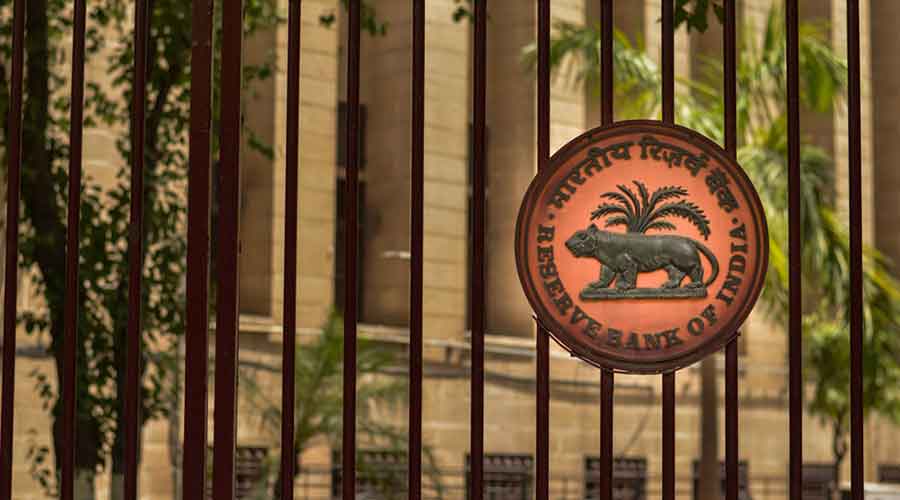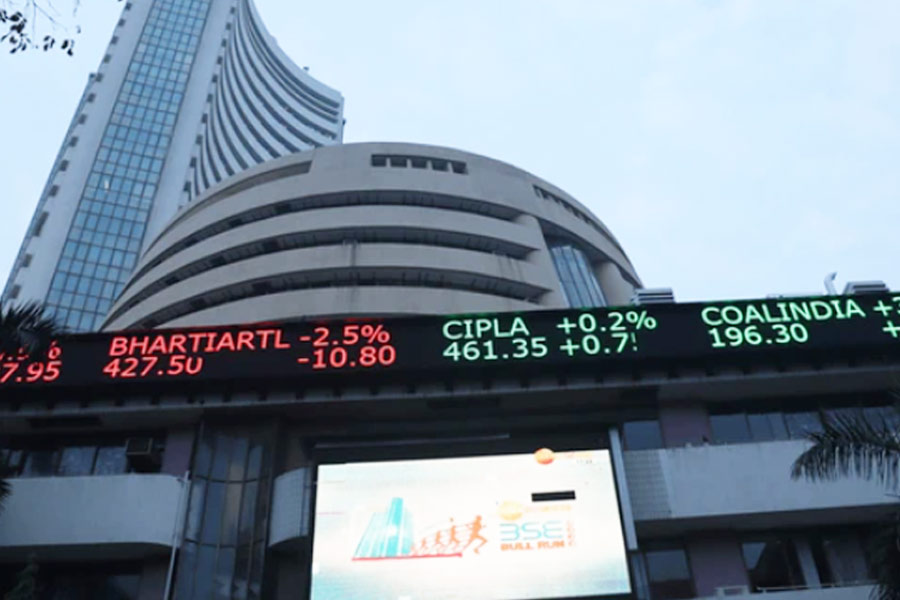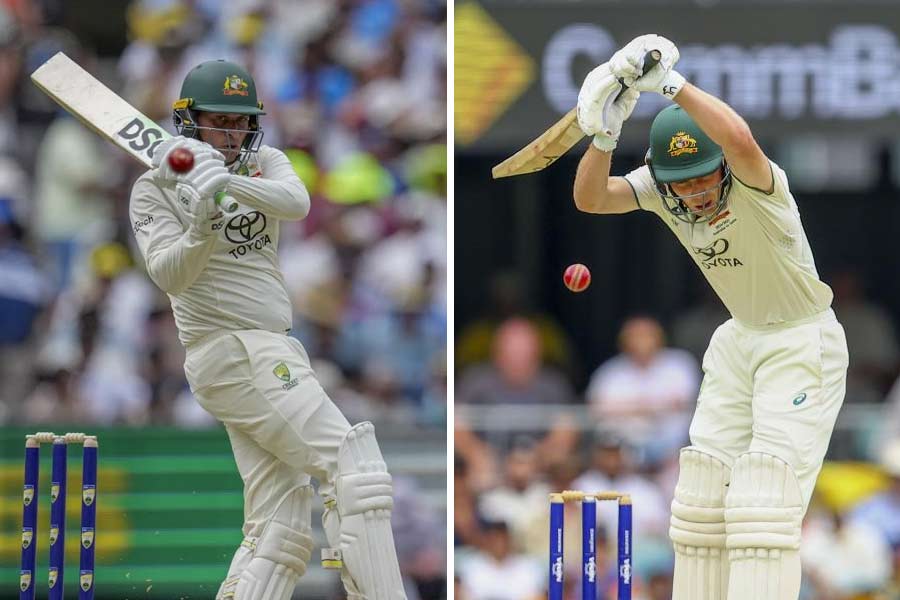RBI Monetary Policy Committee (MPC) member Ashima Goyal on Wednesday said that the efforts of the Reserve Bank to contain price rise by repeatedly increasing interest rates will help in containing inflation, which is likely to fall below 6 per cent next year.
Goyal further said that the policy rate hikes have largely reversed pandemic-time cuts but the real rate remains low enough not to hurt the growth recovery.
"With a lag of two-three quarters, higher real rates will reduce demand in the economy."
"International commodity prices are softening with the global slowdown and supply chain bottlenecks have reduced," she told PTI in a telephonic interview.
In order to control rising inflation, the RBI on September 30, raised the short-term lending rate for the third consecutive time by 50 bps to take the repo rate to 5.9 per cent. Since May it has cumulatively increased the key interest rate by 190 basis points.
"The Indian government is also taking action to reduce supply-side inflation. Current projections show inflation falling below 6 per cent next year," Goyal said.
The central bank is mandated to keep inflation at 4 per cent with a 2 per cent margin on either side.
According to Goyal, a mildly positive real interest rate can act to reduce inflation, with supportive supply-side action, while imposing minimal growth sacrifice.
She noted that today the forward-looking real interest rate is positive and such a rapid response in an inflation targeting regime to inflation exceeding tolerance bands, helps anchor inflation expectations.
India's consumer price index (CPI) based inflation in September rose to a five-month high of 7.41 per cent, remaining well above the upper tolerance level of RBI's inflation targeting framework for the ninth consecutive month.
Replying to a question on the Indian rupee touching a historic low, Goyal pointed out that a more depreciated rupee makes imports more expensive and hurts those who have borrowed abroad but may raise returns for some exporters.
While observing that lower imports and higher exports can help reduce the current account deficit, she said the dollar is strengthening against all currencies as rising Fed rates attract funds back to the US.
"But INR depreciation is less than most other advanced and emerging markets and equity inflows have returned recently," she said, adding that since the INR is market-determined, this means markets are factoring in India's better prospects and lower inflation.
Emphasising that the fall in Indian equity prices is less than in other countries which shows market confidence in India, she said forex reserves have fallen mostly because of valuation effects.
Recently, finance minister Nirmala Sitharaman said that the rupee has not weakened but it is the dollar that has strengthened, as she defended the 8 per cent slide in the value of Indian currency against the greenback this year.
The rupee on Wednesday fell below the 83 level against the US dollar for the first time due to foreign fund outflows.
To a question on fear of recession all over the globe, Goyal opined that a global slowdown will affect a connected India negatively.
"But India has a large domestic market. Its size, diversity, policy space and financial sector strength will continue to give it good positive growth," she said.
Goyal pointed out that corporates have reduced debt over the last decade and the financial sector is well-capitalized."All this lowers contagion risk for India," she said.
IMF chief Kristalina Georgieva has recently said the global economy is moving from a world of relative predictability to one of greater uncertainty.
The World Bank on October 6 projected 6.5 per cent growth rate for the Indian economy for 2022-23, a drop of one percentage point from its June 2022 projections, citing the deteriorating international environment, while IMF projected a growth rate of 6.8 per cent in 2022 as compared to 8.7 per cent in 2021 for India.
PTI










